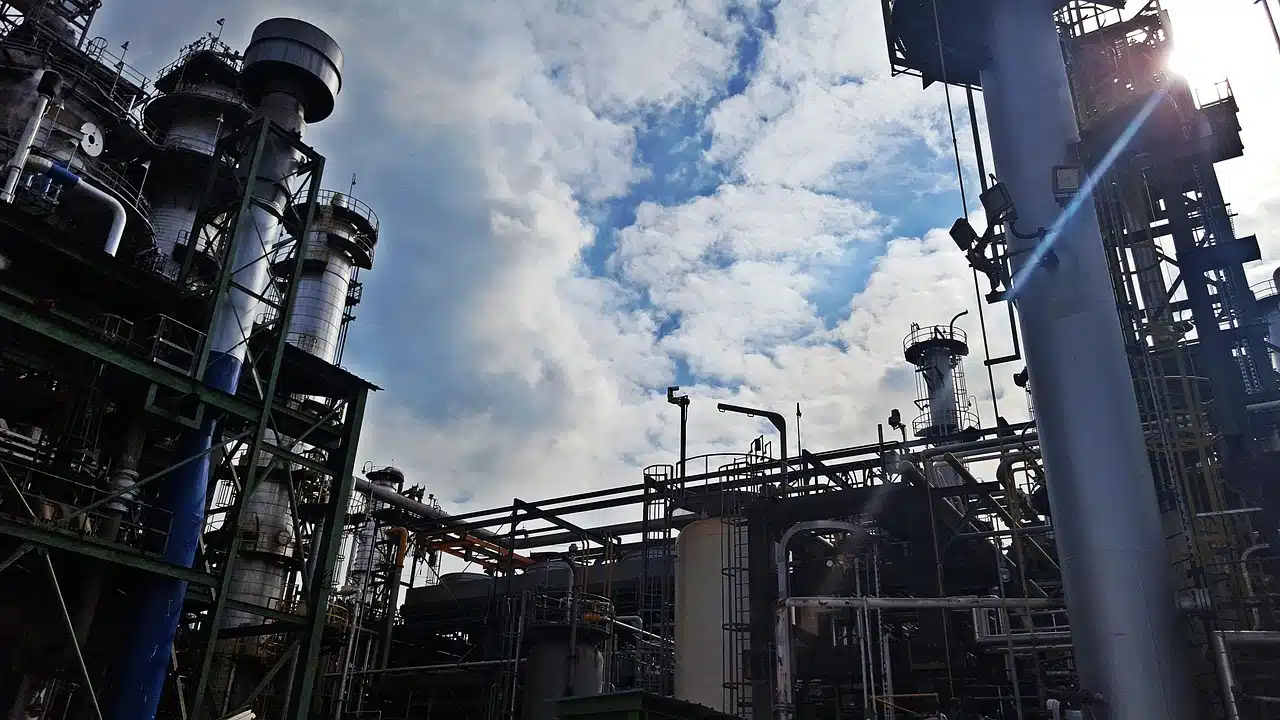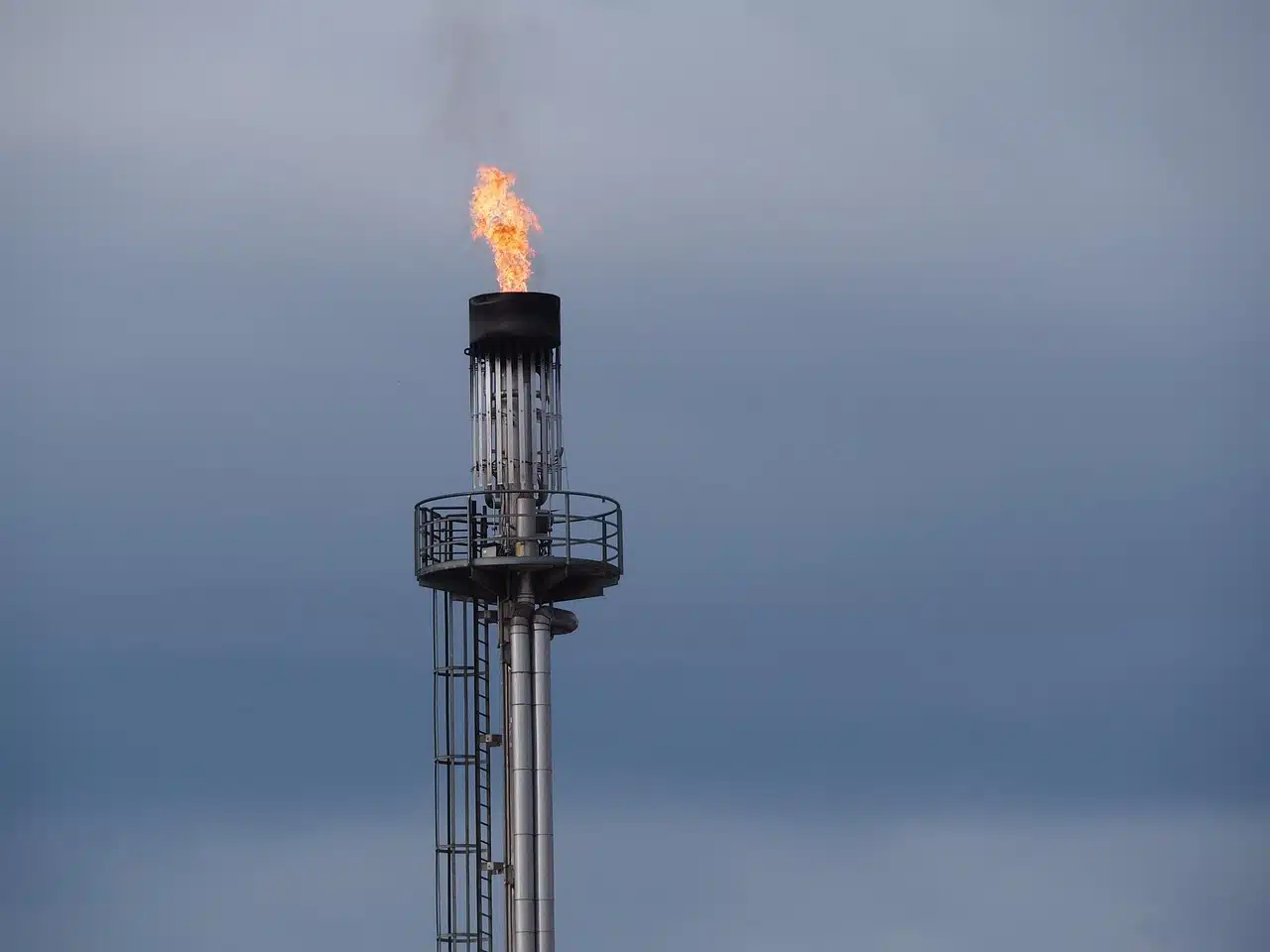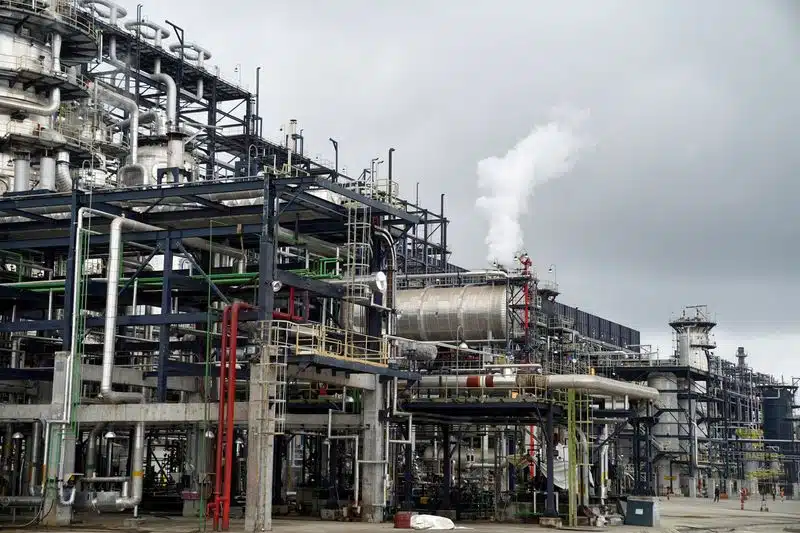Zimbabwe and Zambia have signed a Memorandum of Understanding (MOU) to jointly develop a new cross border pipeline that will transport refined petroleum products between both countries.
The agreement is aimed at reducing the use of road tankers for fuel movement, while improving energy supply and safeguarding road infrastructure.
The Zimbabwean Cabinet approved the bilateral agreement during its latest meeting, describing it as a private sector led initiative to improve regional fuel transport.
The project will rely on Zimbabwe’s existing oil and gas infrastructure to meet Zambia’s growing fuel demand more efficiently.
Project targets road congestion, infrastructure strain
The proposed pipeline will carry refined fuel products from Zimbabwe into Zambia, a country that currently depends heavily on road tankers for petroleum transport.
Officials noted that this reliance has taken a toll on the region’s highways.
According to the Zimbabwean government, the project offers a strategic opportunity to shift bulk fuel transport from road to pipeline a development expected to improve the durability of roads and reduce transport risks.
A statement issued after the Cabinet meeting explained that the MOU will “facilitate private sector development and implementation of the Zimbabwe-Zambia Oil Products and Natural Gas Pipelines Project.”
The deal also includes provisions for the future development of gas transport and storage infrastructure.
“The project is expected to reduce the number of fuel tankers on the road, thereby decreasing road damage and improving traffic safety,” the statement added.
Energy demand and regional cooperation
Meanwhile, Zambia’s rising energy needs have led to increased importation of refined fuel, and the new deal is seen as a step toward addressing the challenge in a more sustainable manner.
Zimbabwe, on its part, will leverage its existing fuel processing, storage, and pipeline systems to support the initiative.
The project is also expected to create economic benefits for both countries through increased private sector participation.
While timelines and financing details were not disclosed, officials from both governments have expressed optimism that the collaboration would lay the groundwork for more robust energy cooperation in Southern Africa.










